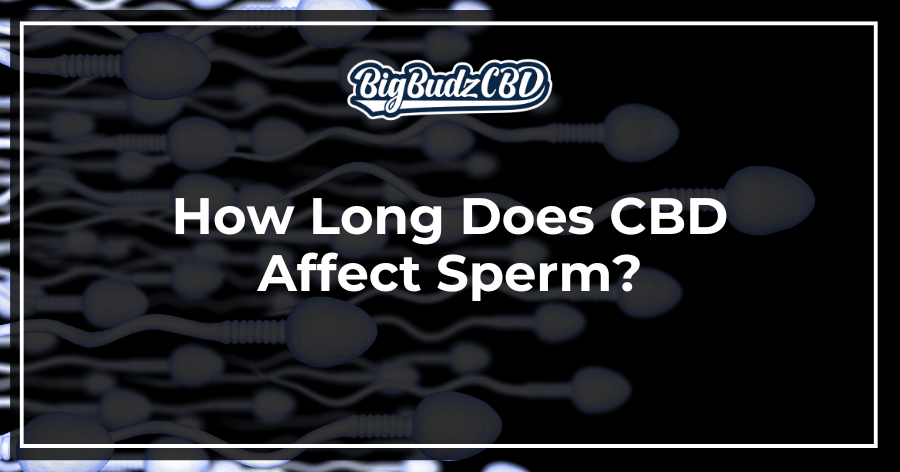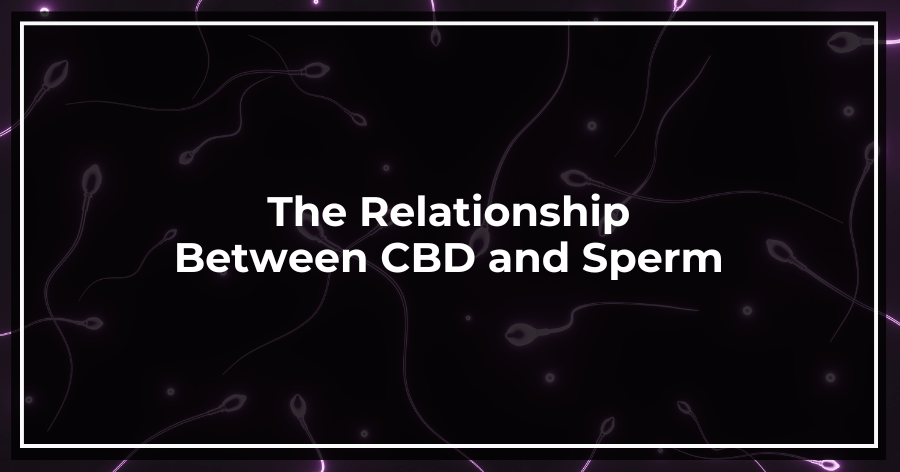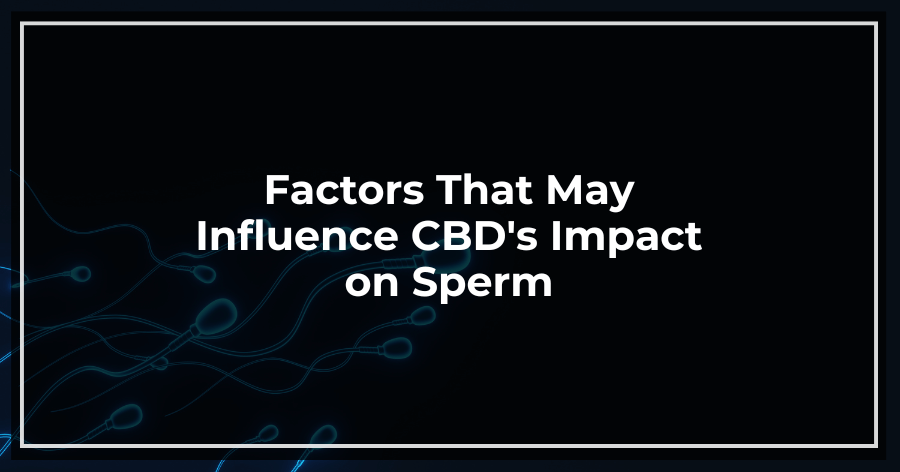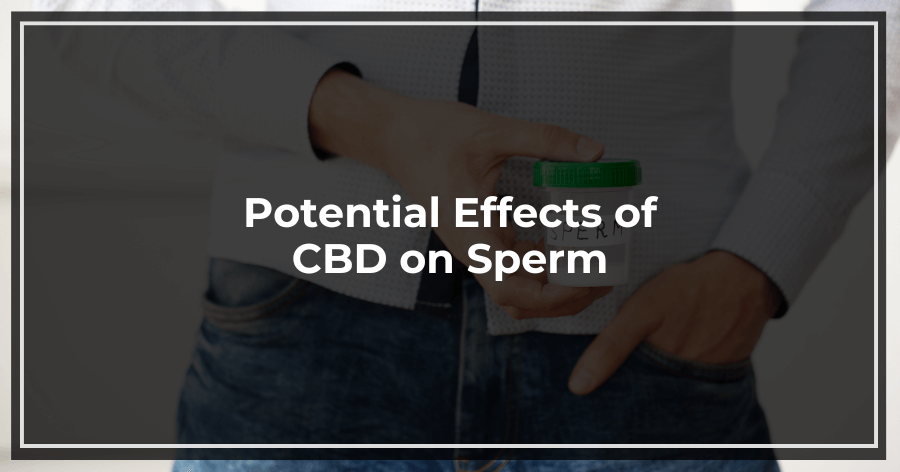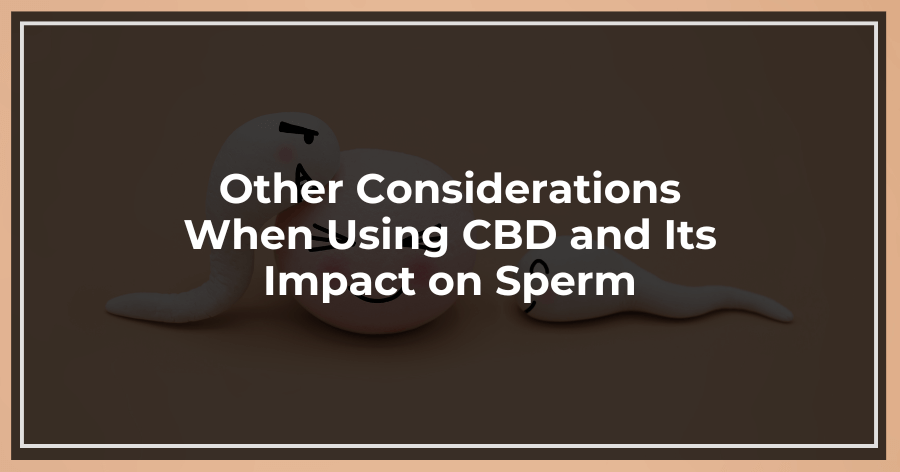The impact of CBD on male fertility has become a topic of considerable interest.
As the popularity of CBD continues to rise, individuals are increasingly inquiring about its effects on various health aspects, including reproductive function.
This article examines the relationship between CBD and sperm, analyzing scientific research to illuminate potential effects on sperm count, motility, and morphology, which are critical factors in male fertility.
Additionally, it addresses important factors such as dosage, product quality, and possible interactions with medications, all of which are essential for comprehending how CBD may influence fertility.
This exploration aims to provide a comprehensive understanding of this complex topic, especially regarding the medical benefits related to male infertility.
Key Takeaways:
- CBD may have an impact on sperm count, motility, and morphology, but current research on this topic is limited and inconclusive, highlighting the need for further studies, particularly in the context of male infertility.
- The dosage, frequency, and quality of CBD products may influence its potential effects on sperm, making it essential to consult a healthcare provider for personalized recommendations.
- Further research is needed to fully understand the relationship between CBD and sperm, as well as any potential long-term effects on fertility, especially in the context of men’s wellness.
Understanding CBD and Its Effects on Sperm
Understanding CBD and its effects on sperm is essential, particularly as emerging research sheds light on the interaction between cannabis, male infertility, and sexual health, which are critical areas of concern for reproductive health.
This investigation examines the medical benefits of CBD and its potential influence on sperm count, motility, and quality, thereby affecting reproductive health. Given the rising use of CBD among male patients, especially in wellness clinics, it is imperative to consider the implications of cannabinoid receptors on male fertility, as underscored by studies conducted by institutions such as the University of Chicago.
What is CBD?
Cannabidiol (CBD) is a non-psychoactive compound derived from the cannabis plant, specifically Cannabis sativa, recognized for its potential medical benefits, including its implications for male fertility and overall health effects.
This compound is distinguished by its unique chemical structure, consisting of 21 carbon atoms, 30 hydrogen atoms, and 2 oxygen atoms, which enables it to interact effectively with the body’s endocannabinoid system.
Various extraction methods, including CO2 extraction and ethanol extraction, are employed to isolate CBD from other components of the plant, thereby ensuring high purity and potency.
It is important to note that CBD differs significantly from its more widely known counterpart, THC (tetrahydrocannabinol), which is responsible for the psychoactive effects associated with marijuana use.
As research continues to advance, the relevance of CBD to male fertility and overall wellness is becoming increasingly apparent, indicating promising outcomes in areas such as sperm health, stress reduction, and the management of conditions like erectile dysfunction.
How Does CBD Affect the Body?
CBD interacts with the body’s endocannabinoid system, influencing various functions and potentially leading to significant health outcomes, particularly regarding reproductive health.
This interaction primarily involves cannabinoid receptors, specifically CB1 and CB2, which are essential to numerous physiological processes, including pain perception, mood regulation, and reproductive functions that affect male fertility.
By binding to these receptors, CBD modulates hormone levels, thereby influencing the production of testosterone and other related molecules that are critical for male fertility.
This modulation could enhance spermatogenesis and overall sexual health.
Furthermore, preclinical studies indicate that CBD may possess anti-inflammatory properties, which could contribute to the maintenance of a healthy reproductive system by mitigating oxidative stress and inflammation—factors commonly associated with male infertility and other health impacts.
The Relationship Between CBD and Sperm
The relationship between CBD and sperm quality represents an emerging area of interest, particularly for individuals concerned with male fertility, reproductive health, and the overall health effects of cannabinoid use.
As research progresses in examining the effects of CBD on sperm count, motility, and overall reproductive functions, it is crucial to consider the potential implications of cannabinoid use for male patients pursuing health optimization and treatment for male infertility.
Can CBD Affect Sperm?
Research indicates that cannabidiol (CBD) has the potential to impact sperm quality, as demonstrated by various studies focused on male fertility and reproductive health.
Evidence suggests that CBD may influence critical sperm parameters, such as count, motility, and morphology—essential indicators of male fertility.
Specific studies have shown that exposure to CBD may result in reduced sperm motility, complicating the sperm’s ability to reach the egg.
Also, alterations in sperm morphology could affect the sperm’s capacity to fertilize an ovum.
These findings underscore the necessity for further research to comprehensively understand the implications of CBD on reproductive health, particularly for individuals who are planning to conceive or who are facing fertility challenges related to male infertility.
Research on CBD and Sperm
Research regarding CBD and its effects on sperm is still evolving, with institutions such as the University of Chicago at the forefront of investigations into its medical benefits and implications for male fertility.
As scientists explore this relatively nascent field, they are uncovering significant associations that may have substantial implications for reproductive health.
Preliminary findings indicate that cannabidiol, a key compound derived from hemp, could affect sperm motility and overall semen quality.
These studies raise critical questions about the interaction of CBD with the male reproductive system and its potential therapeutic benefits for men experiencing fertility challenges.
A comprehensive understanding of these dynamics not only aids in providing more effective guidance for male patients but also paves the way for potential treatments that harness the beneficial aspects of CBD without adversely affecting reproductive capabilities or leading to issues like erectile dysfunction.
Factors That May Influence CBD’s Impact on Sperm
Several factors may influence the effects of CBD on sperm, including dosage, frequency of use, and the quality and purity of the CBD products consumed, which are crucial for ensuring optimal results in male fertility treatments.
Understanding these variables is essential for men contemplating the incorporation of CBD into their wellness regimen, particularly in relation to its implications for sexual health and male fertility, as well as overall men’s wellness.
Dosage and Frequency of CBD Use
The dosage and frequency of CBD use can significantly impact its effects on sperm, necessitating careful consideration by male patients aiming to optimize their reproductive health, especially in the context of fertility evaluation.
Research indicates that lower dosages may mitigate adverse effects on sperm parameters, while prolonged higher doses may result in decreased sperm motility and concentration.
Experts advocate for consultation with healthcare professionals to establish personalized dosages that align with individual health objectives, as the influence of CBD on male fertility can vary considerably among individuals.
An expanding body of research highlights the importance of both dosage and frequency of use, suggesting that intermittent use may lead to more favorable outcomes compared to continuous, high-dose treatments.
Understanding these nuances is essential for men seeking to make informed choices regarding their reproductive health.
Quality and Purity of CBD Products
The quality and purity of CBD products are essential factors that can significantly influence their effectiveness on male fertility and sperm health, necessitating careful selection by consumers.
To achieve optimal results, individuals should seek products that offer clear labeling and comprehensive information regarding sourcing, extraction methods, and any third-party laboratory testing conducted.
Certifications indicating adherence to organic farming practices and the absence of harmful pesticides or heavy metals further enhance the quality of these products.
Transparency concerning the concentration of cannabinoids is crucial, as it aids in assessing potential benefits for reproductive health.
Prioritizing high-quality CBD not only supports overall wellness but also plays a vital role in improving male reproductive capabilities, addressing issues like erectile dysfunction, and promoting healthier sperm production.
Potential Effects of CBD on Sperm
The potential effects of CBD on sperm may include alterations in sperm count, motility, and morphology.
These changes can have significant implications for male infertility and overall reproductive health.
Possible Changes in Sperm Count
Possible changes in sperm count associated with CBD use have raised significant concerns regarding its implications for male fertility and the evaluation of infertility.
Recent studies indicate that cannabidiol may interfere with the endocrine system, potentially leading to alterations in testosterone levels and, consequently, sperm production.
Research published in reputable journals has highlighted a possible correlation between regular CBD consumption and lower sperm counts, suggesting that the impact is substantial enough to warrant further investigation.
For men considering the use of CBD for various health concerns, it is crucial to understand these potential consequences, as reduced fertility can have lasting implications for reproductive health and family planning.
As the body of evidence continues to expand, healthcare professionals may need to reassess the safety and recommendations surrounding CBD usage in male patients, underscoring the necessity of a comprehensive fertility evaluation.
Impact on Sperm Motility and Morphology
CBD may have an impact on sperm motility and morphology, which are critical factors influencing overall male fertility and reproductive success.
Research indicates that cannabinoids can interfere with the endocannabinoid system, a system that plays a vital role in reproductive processes.
Studies have demonstrated that exposure to CBD may result in reduced sperm motility, impairing the sperm’s ability to swim effectively.
Additionally, alterations in sperm morphology, such as abnormal shapes or sizes, can diminish the likelihood of successful fertilization.
Experts suggest that these changes may be associated with an increase in oxidative stress within the reproductive organs, underscoring the need for caution among men considering CBD for health benefits.
Ultimately, a comprehensive understanding of these implications is essential for maintaining optimal reproductive health.
Other Considerations When Using CBD and Its Impact on Sperm
When utilizing CBD, it is essential to take into account potential interactions with other medications and the long-term effects on fertility, as these factors could have a significant impact on male reproductive health.
Possible Interactions with Other Medications
Possible interactions between CBD and other medications may present risks that could impact reproductive health and overall wellness in male patients.
For example, certain blood thinners, antifungal medications, and some antidepressants have been documented to interact negatively with CBD.
Such interactions may affect the efficacy of these prescriptions or result in unexpected side effects, underscoring the importance of individuals being aware of potential complications.
Therefore, consulting a healthcare provider prior to initiating CBD use is not only prudent but essential.
Healthcare professionals can offer personalized guidance and monitor for any adverse effects.
This proactive approach facilitates the safe integration of CBD into a patient’s health regimen, ultimately promoting better health outcomes.
Long-Term Effects on Fertility
The long-term effects of CBD on male fertility remain largely unknown and require careful consideration for individuals incorporating it into their wellness routines.
While numerous studies have investigated the potential health benefits of CBD, the specific impact on sperm quality, hormonal balance, and overall reproductive health has not been adequately explored.
Current research often emphasizes immediate effects, resulting in significant gaps in our understanding of chronic usage and its implications for male reproductive systems.
Variations in dosage, methods of consumption, and individual biological differences further complicate this understanding.
To facilitate knowledge-based decision making, it is imperative that further investigation into these long-term effects is conducted, thereby providing a clearer assessment of how CBD may influence fertility in men who choose to include it in their daily lives.
Frequently Asked Questions
How long does CBD affect sperm?
The answer to this question depends on various factors such as dosage, frequency of use, and individual body chemistry.
However, studies have shown that CBD can have a temporary impact on sperm for up to 72 hours after consumption.
Does CBD have a negative effect on sperm health?
There is currently no evidence to suggest that CBD has a negative effect on sperm health.
In fact, some studies have even shown that CBD may have a positive impact on male fertility by reducing stress and inflammation in the reproductive system.
Can CBD affect sperm count?
While there is no direct evidence to suggest that CBD affects sperm count, some studies have found that CBD may have an impact on testosterone levels, which can ultimately affect sperm production.
It is important to consult with a healthcare professional before incorporating CBD into your routine if you are concerned about sperm count.
How long should I wait to try for a baby after using CBD?
As there is limited research on the effects of CBD on sperm, it is best to err on the side of caution and wait at least 72 hours after consuming CBD before trying to conceive.
This will allow the CBD to leave your system and minimize any potential impact on sperm health.
Does the method of consumption affect how long CBD affects sperm?
Yes, the method of consumption can affect how long CBD affects sperm.
For example, if CBD is consumed through inhalation, it may have a quicker and more potent effect on sperm compared to topical or oral consumption.
It is important to consider the method of consumption when considering the potential impact on sperm health.
Are there any other factors that can affect how long CBD affects sperm?
Yes, there are other factors that can influence how long CBD affects sperm, such as the potency and concentration of the product, as well as individual body chemistry.
It is important to start with a low dosage and monitor how your body reacts to CBD to determine how long it may affect sperm for.






















